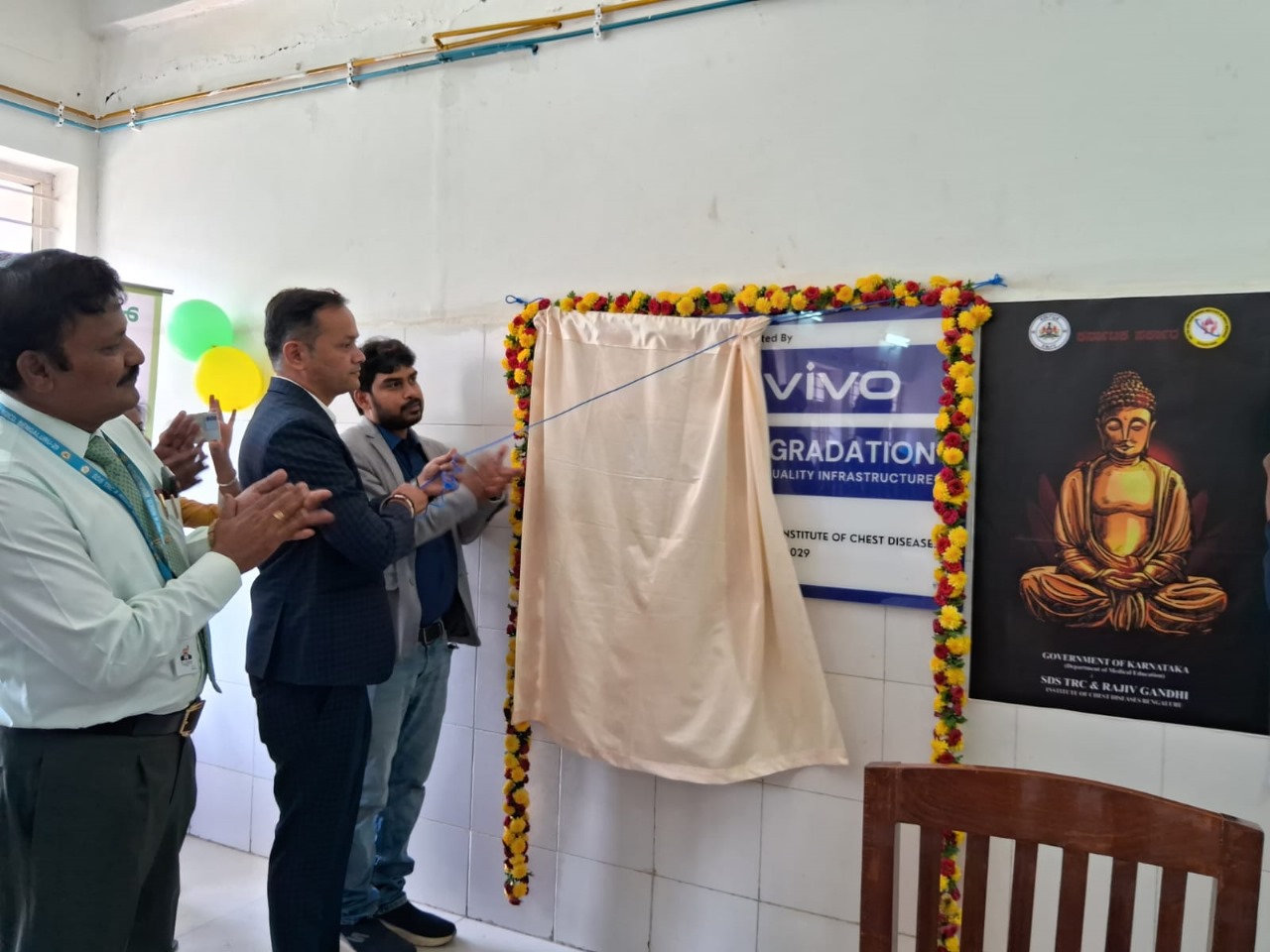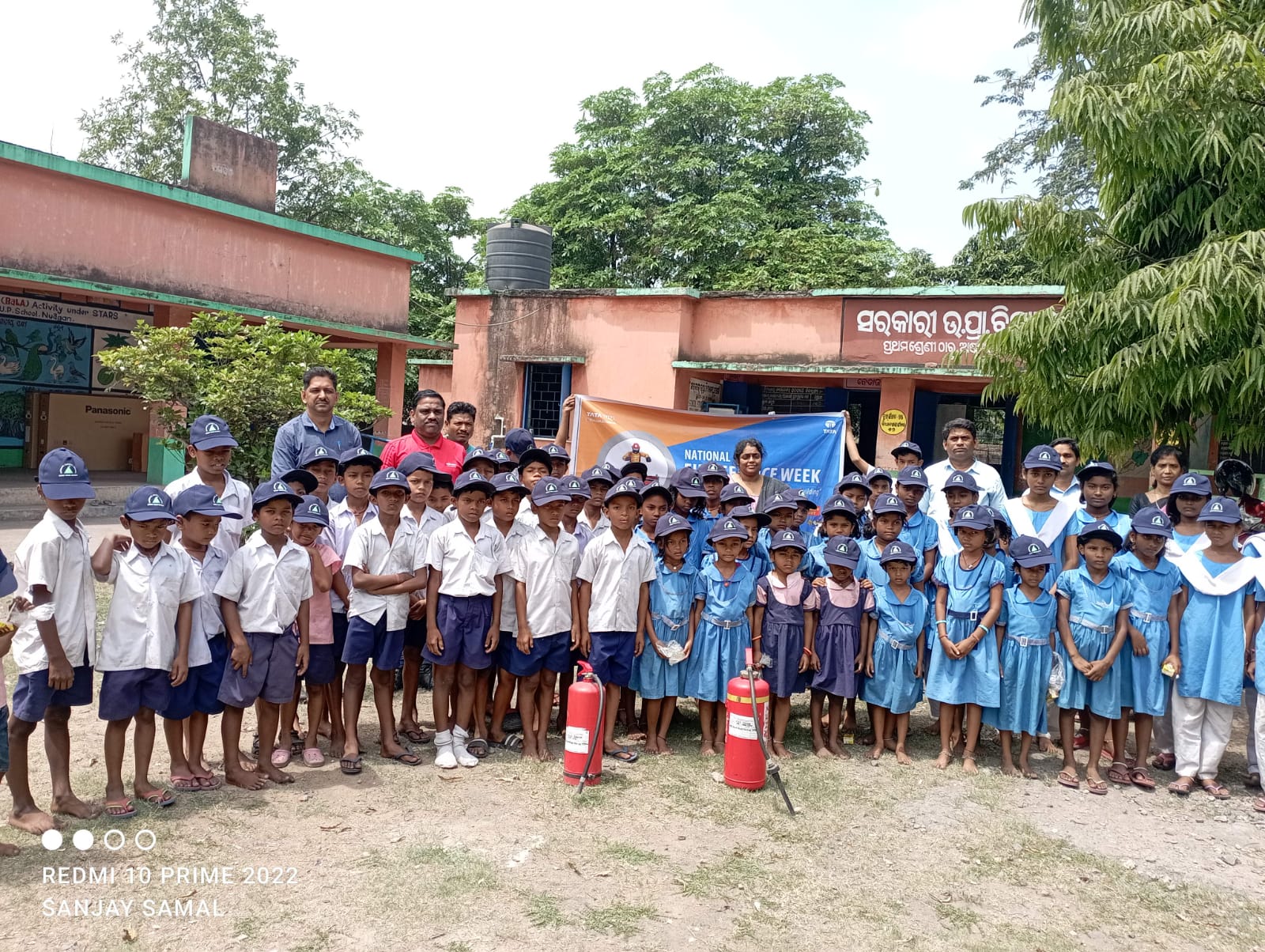Subscribe our Weekly Newsletter
Applications Invited for Global Resilience Against Drug-Resistant Tuberculosis (GRAD-TB)

Organization: United States Agency for International Development (USAID)
Apply By: 31 May 2024
Grant Amount: 90000000 USD
About the Organization
USAID leads international development and humanitarian efforts to save lives, reduce poverty, strengthen democratic governance and help people progress beyond assistance.
President John. F. Kennedy created the United States Agency for International Development by executive order in 1961 to lead the US government’s international development and humanitarian efforts.
About the Grant
The United States Agency for International Development (USAID) is the largest bilateral donor globally in tuberculosis (TB) diagnosis, treatment and prevention efforts and leads the U.S. Government’s international efforts. USAID is appropriated approximately $400 million each year to implement the USAID Global TB Strategy 2023-2030 in 24 priority TB countries. Through additional support, USAID provides limited assistance to another 32 countries with Global Fund TB grants.
Drug-resistant TB (DR-TB) is a severe form of TB that occurs when resistance is developed to core anti-TB medications and requires treatment with a novel combination of drugs referred to as second line drugs (SLDs). The prevention, diagnosis, and treatment of DR-TB is one of the key priorities of USAID’s Global TB Strategy for 2023-2030 as well as the United Nations High Level (UNHLM) meeting on TB. By the end of 2030, USAID strives to reach, detect, and enroll on treatment at least 90% of the estimated drug-sensitive (DS) and DR-TB cases and successfully and appropriately treat 90% of those individuals in priority TB countries.
The World Health Organization (WHO) released the first DR-TB treatment guidelines in 1998, but the evidence on appropriate treatment regimens was sparse, the diagnosis methods were slow, the drugs were toxic, and clinical experience and capacity in high burden countries were limited. While progress has been achieved in the last 25 years, significant issues in DR-TB still remain. In 2022, only a quarter of the estimated DR-TB cases globally have been diagnosed and enrolled on treatment and only 55% of those enrolled were successfully treated. Furthermore, less than 1% of DR-TB close contacts receive appropriate preventive therapy. The 24 USAID TB bilateral assistance countries make up almost 70% of the global estimated DR-TB incidence. Yet, USAID TB priority countries cumulatively only met 53% of the UNHLM target for DR-TB treatment initiations for the period of 2018-2022, the lowest achievement of the four main TB target areas.
In the last decade, novel diagnostic and treatment tools and approaches have been piloted at the country levels with measurable success. With the introduction of easy and simple molecular diagnostic tools, health providers can detect and confirm drug resistance in just two hours. Discovery of novel anti-TB medications has dramatically decreased the treatment duration for people with DR TB from 24 to only 6 months, without toxic injectable agents. New ultra-portable chest X-rays for improved screening are entering the markets now as well as treatment options for DR-TB preventive therapy. Furthermore, new research in improved diagnostic methods is expected in the next few years that could unlock novel pathways for strengthening TB programs.
As a key component of the USAID TB portfolio’s sustainability efforts, USAID created a TB Local Organization Network (LON) to generate local solutions to improve access to quality TB services and leverage additional resources in USAID priority TB countries, all working directly with local partners. During the COVID-19 pandemic, these partners developed creative ways to continue operations of TB programs. By partnering directly with local organizations, USAID maximizes the potential impact of scarce resources to make sustainable improvements in TB services by shifting ownership and leadership to local stakeholders. Almost 50% of the USAID TB program country level funding supports local organizations USAID believes a more focused and intensified effort on the DR-TB diagnosis, treatment and prevention, using innovative tools and approaches and leveraging opportunities and local partnerships will enable the Agency to meet our strategic targets by 2030.
Goal:
The goal of this Activity is to support USAID TB countries to improve DR-TB detection, treatment, and prevention through the development and implementation of innovative approaches and practices, and the provision of specialized technical assistance to the local partners and National TB programs. Additionally, the Activity will support countries to fulfill their commitments set at the 2023 UNHLM on TB in line with WHO’s End TB Strategy and USAID’s Global TB Strategy 2023 2030. As a result, this Activity will reduce the DR-TB burden through improved rapid detection, treatment, and prevention activities, while building a sustainable and resilient system using local organizations and approaches that are equitable, inclusive, and accessible.
Role of the Tuberculosis Division within the Global Health Bureau Office of Infectious Disease (GH/ID/TB):
The USAID/Washington Bureau for Global Health, Office of Infectious Diseases (GH/ID) provides worldwide leadership in TB, malaria, neglected tropical diseases, and emerging pandemic infections. The TB Division within GH/ID supports USAID overseas Missions and NTPs with technical and programmatic assistance to achieve the National Strategic TB Plans (NSPs); provides global technical leadership through the implementation of research and innovation that is translated into policy and adapted to each country’s needs; and improves coordination within and outside of the USG to ensure the most effective and efficient approach. Applicants will need to have a differentiated approach to support local, community, and private sector organizations to address the growing and more complex DR-TB programmatic and technical needs at the country level compared to government entities at the national and sub-national levels which may address the more specialized DR-TB technical and programmatic issues, and to ensure coordination and linkage between these entities in support of locally led programming.
Objectives:
The Activity provides comprehensive technical assistance (TA) to local organizations and the NTPs and Ministries of Health in the 24 USAID designated priority countries to address the DR-TB epidemic. The Activity will assist countries with the development of equitable strategies and inclusive approaches for DR-TB response, assist with in-depth analysis of DR-TB data and statistics, support the development of focused short and long-term DR-TB action plans, and provide comprehensive TA throughout the implementation of these plans. In addition, the Activity will provide rapid response and on-demand short-term TA to both 24 TB priority countries and the 32 Global Fund TA (GFTA) TB countries to assist with improving performance of the Global Fund (GF) TB grants. These countries are listed in Section A.7. below. Implementation of technical support and interventions under the Activity need to be done in an equitable, inclusive and accessible manner. The Activity will achieve results under the following objectives:
- Strengthened capacity of local organizations to lead the DR-TB response at the national and sub-national level through enhanced partnerships with NTPs and other key stakeholders;
- Improved quality of host country governments’ DR-TB program at the national and sub national level; and
- Enhanced knowledge management through on-demand specialized tool development, evidence-based approaches, and tailored trainings at the global and regional levels
Eligibility
Eligibility for this NOFO is full and open competition without restriction; thus, open to all eligible and qualified U.S., local and international non-governmental entities.
How to Apply
The deadline to apply is May 31, 2024.
Applications must be submitted by email to GHSWprocurement@usaid.gov. Email submissions must include the NOFO number and Applicant’s name in the subject line heading.
For more information please check the Link
Stay in the loop with the newest RFPs and Grants through NGOBOX's WhatsApp Channel. Join now by clicking here!
Latest Online Store
Latest Tenders And EOIs
Latest News
© Renalysis Consultants Pvt Ltd
























